The seasons are changing.
Warm days dip suddenly into crisp nights where the bite of the first frost feels just weeks away.
The political weather is changing too. The prospect of a general election within the next 12 months is swirling the skies above our politicians and clouding their minds.
The forecast for some time now has been that Labour are on the up, whilst the SNP continue to experience unsettled weather. Poll after poll in recent months has seen Labour closing in on the SNP in Scotland, with the most recent showing the parties level pegging.
I’ve bumped into a fair few Labour folk in recent weeks and whilst they are far from complacent., their heads are up and their shoulders back.
They’re smiling, they feel in contention with a real sense of confidence that the tides are finally turning.
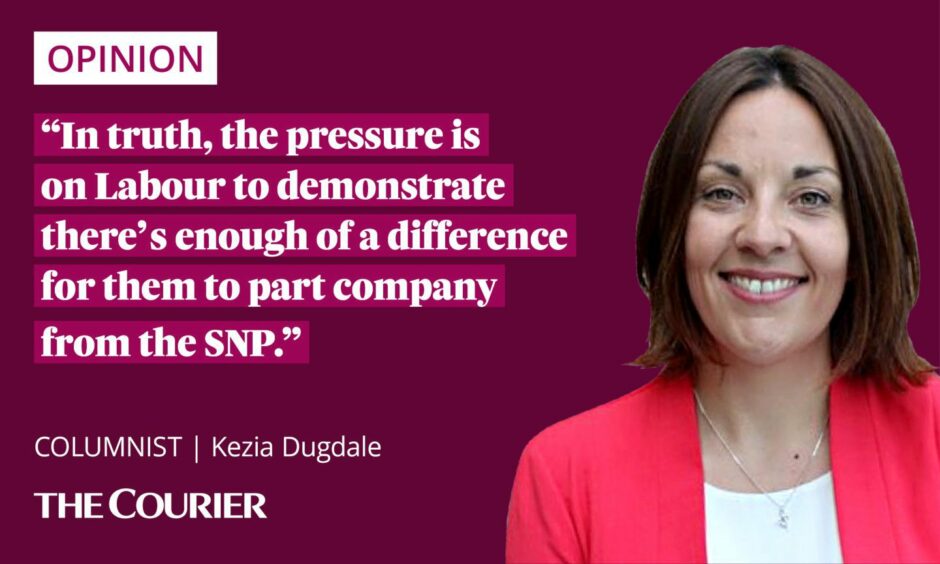
Meanwhile, the SNP have had the most difficult six months in their party’s living memory.
Scotland’s First Minister is just a matter of months into his new role but he inherits his party’s now 16-year history in office.
There are young people who can now vote in Scotland who weren’t born the day Alex Salmond took office and relieved Labour of its hegemony.
Meantime Sir Keir Starmer’s Labour have benefited significantly from Liz Truss’s dismal days in office.
Whilst Labour were gaining in the polls under Boris Johnson, their progress can largely be attributed to becoming the party most trusted on the economy, bluntly after Liz Truss crashed it for all to see.
This recent history lesson matters because it provides context.
The standing of the polls today aren’t attributable to the actions of Humza Yousaf or Keir Starmer but to the actions of others who have now left the scene.
This week’s poll in The Times that shows a sudden drop in Labour’s support and a rallying of the SNP’s support is worthy of attention.
That once closing gap between the two parties is back in double digits. If the FM was looking for a comfort blanket, this represents a double duvet.
Not enough to save the Rutherglen and Hamilton West by-election for his party but then no one expects him to hold that anyway, but perhaps just enough to keep his own political winter at bay.
Perhaps what’s most interesting about this poll is the noticeable drop in support for independence. Could this be the product of voter’s priorities?
What matters most to them right now is the economy. The money in their pocket vs the prices in the shops.
Whoever understands this best will ultimately become the victor. Humza Yousaf needs to remember this as he frames his first party conference around the case for independence. But so too does Keir Starmer.
The polls show he’s more trusted than the Tories in the economy but, bluntly, that’s a pretty low bar. Voters need to believe he’s going to make their lives better and soon.
That’s why the central focus of the SNP’s campaign in Rutherglen is on the Tories two-child cap for tax credits. This is the Conservative’s policy that penalises bigger families in the welfare system.
Despite significant pressure, Labour have resisted pressure to repeal it and at best say they’ll look at it in office. Symbolically to them it’s a symbol of prudence and proof they can be trusted with the public purse. To the SNP, Labour’s position is symbolic of how these two Westminister parties are one and the same.
Dundee MP Chris Law was rebuked for saying Labour and the Conservatives were two cheeks of the same, well, bahookie.
The telling off was one part condemnation of the crudity, one part the reality that the public know there’s a difference so the line doesn’t land beyond their party faithful.
In truth though, the pressure is on Labour to demonstrate there’s enough of a difference for them to part company from the SNP.
It has been a big week for Scotrail and the Scottish Government following the long trailled announcement that peak time fares are to be scrapped for six months as a part of a pilot project to get people back on the railways.
Full disclosure, I probably won’t see the benefit of that but then neither should I.
I use the trains a lot to get largely from Markinch to Edinburgh and Glasgow but more often than not, I travel in the afternoons and come home in the evenings super off peak.
This policy will make a huge difference thought to people who have to travel first thing in the morning to get to work.
Particularly those who commute from Edinburgh to Glasgow who pay amongst the highest per mile rail fares in Europe. So too will this policy quash the dreaded Tay tax by the back door, bringing big savings to those travelling south from Dundee.
I hope this six month trial becomes a long term permanent policy. But that’s only likely to happen if passenger numbers go up whilst current commuters bills go down.
So if you’ve been thinking about leaving the car at home and taking the train for a change, there’s never been a better time to do so than now.
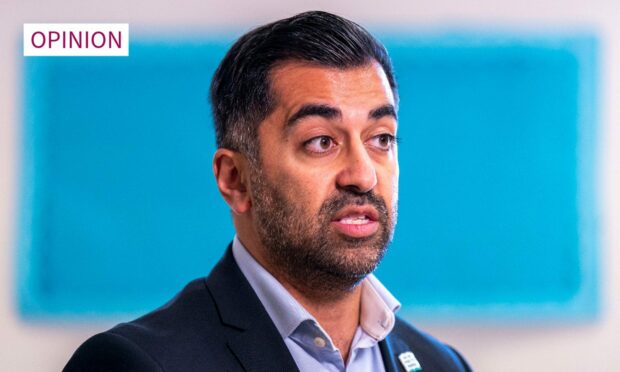
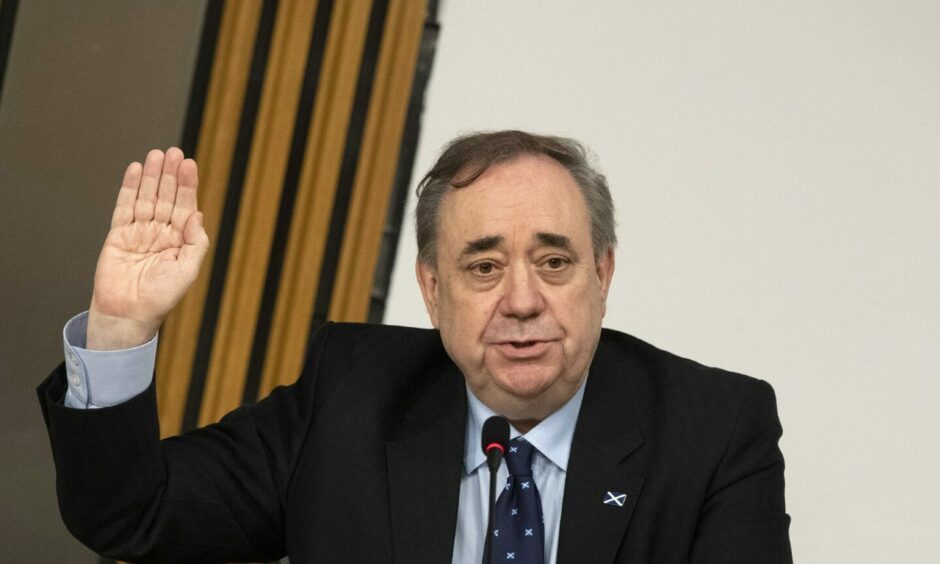

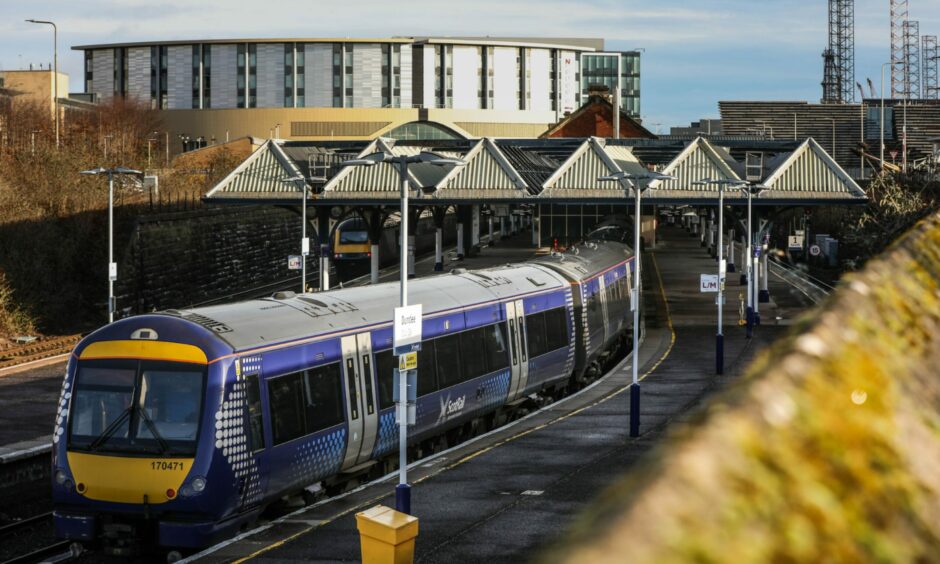


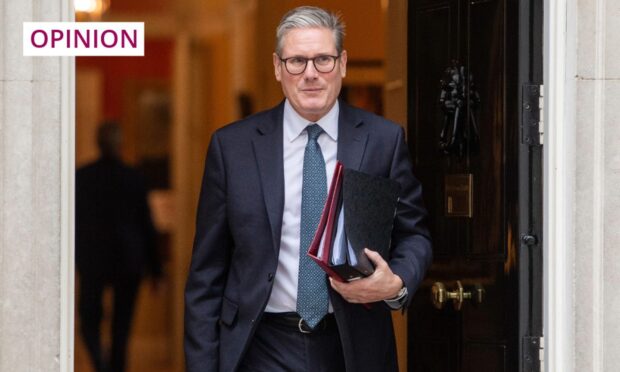
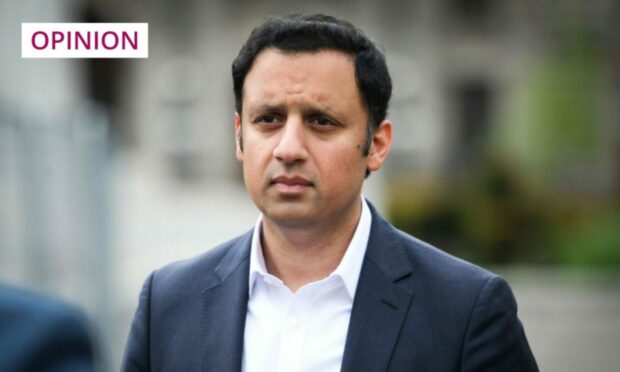






Conversation